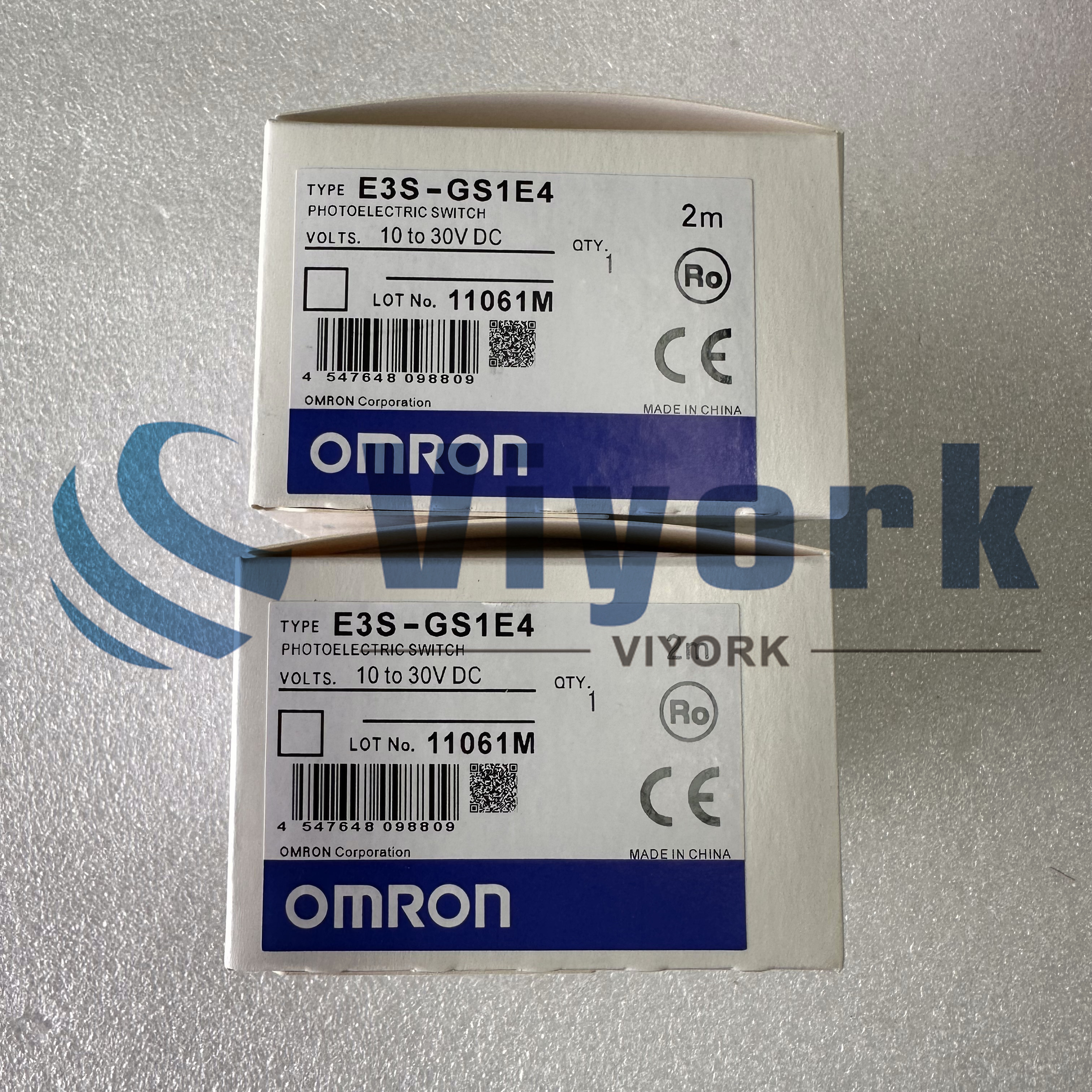The working principle of a servo drive is a controller used to control a servo motor, and its function is similar to that of a frequency converter acting on an ordinary AC motor. It is a part of the servo system and is mainly used for high-precision positioning systems.
Do you know how does a servo drive work? At present, mainstream servo drives all use digital signal processors as the control core, which can realize more complex control algorithms and realize digitization, networking and intelligence. Power devices usually use drive circuits centered on smart power modules. The drive circuit is integrated in the IPM and has fault detection and protection circuits, such as overvoltage, overcurrent, overheating and undervoltage. A soft start circuit is also added to the main loop.
In order to reduce the influence of the start-up process on the driver, the power drive unit first rectifies the input three-phase power or mains power through a three-phase full-bridge rectifier circuit to obtain the corresponding direct current. After three-phase AC or mains rectification, a three-phase sine wave PWM voltage inverter is used to drive a three-phase permanent magnet synchronous AC servo motor. The entire process of the power drive unit can be simply said to be an AC-DC-AC process.
With the large-scale application of servo systems, the use of servo drives, servo drive debugging and servo drive maintenance are all important technical issues of industrial electrical automation for today's servo drives.
Servo drives are an important part of modern motion control and are widely used in automation equipment, especially servo drives used to control AC permanent magnet synchronous motors have become a current research hotspot.
 Call us on:
Call us on:  Email Us:
Email Us:  1103, Block C, South Building, Luo Fang Road, Luohu District, Shenzhen, 518001, China
1103, Block C, South Building, Luo Fang Road, Luohu District, Shenzhen, 518001, China 







